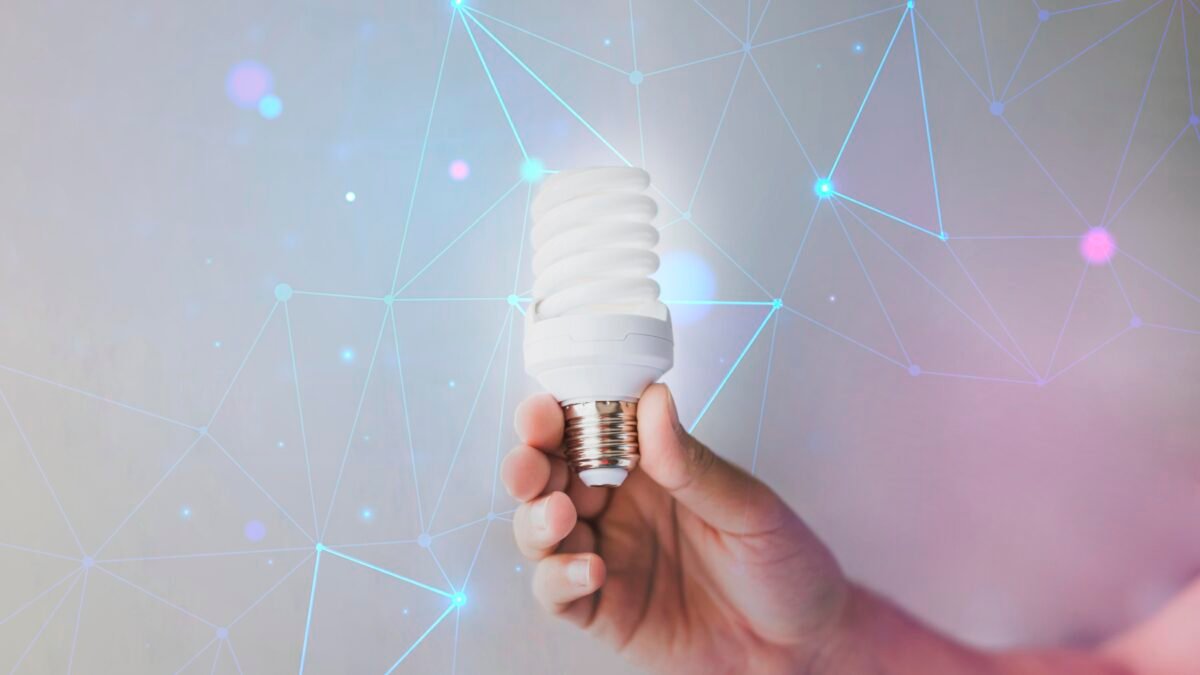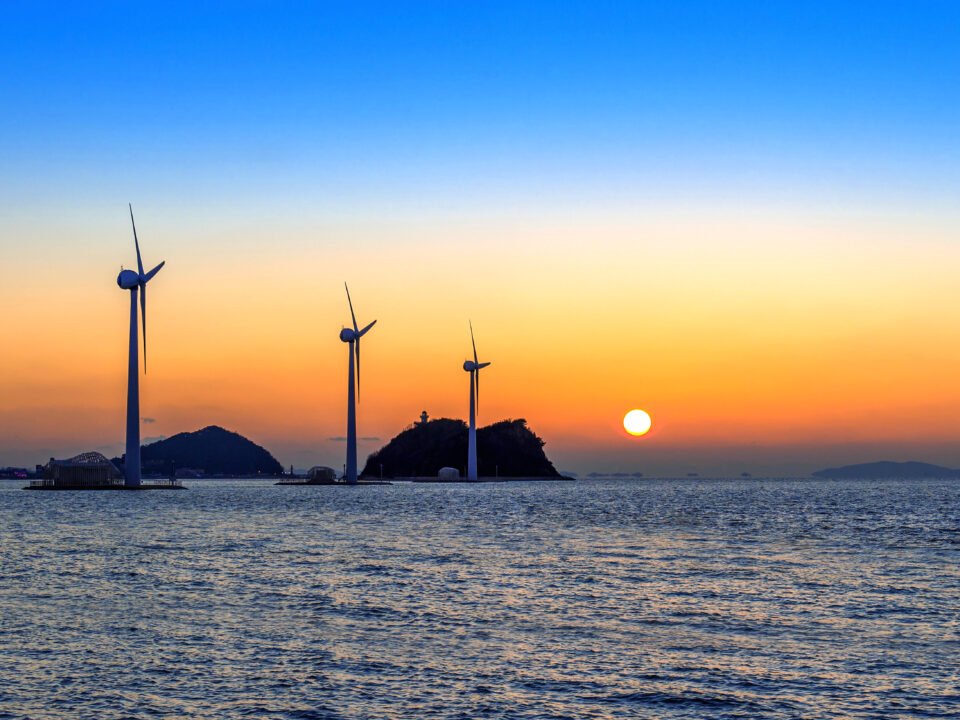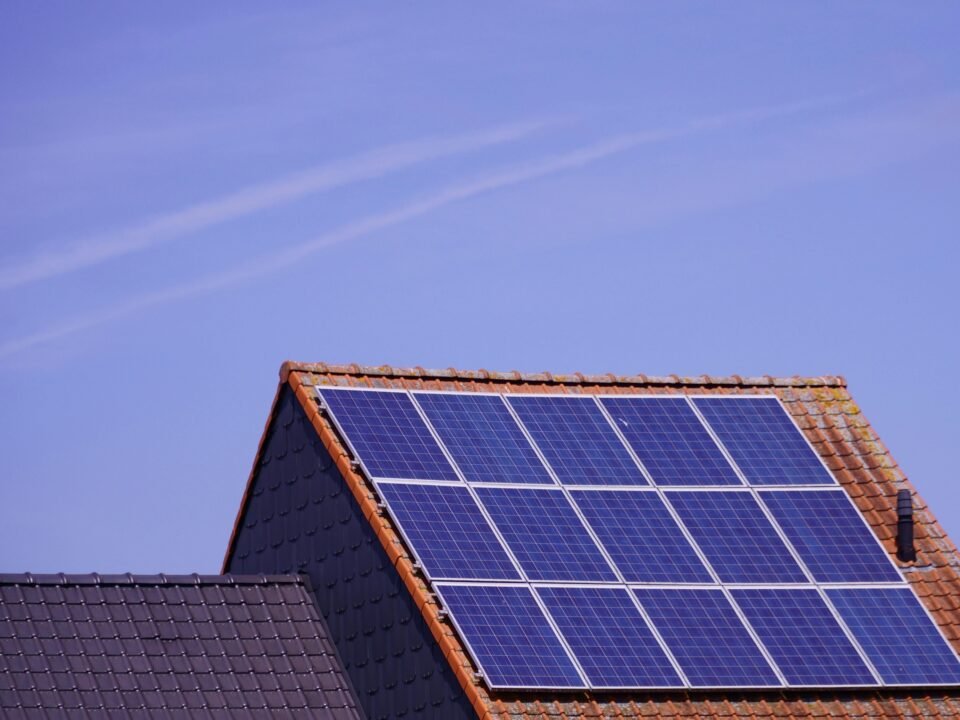Introduction
Electric power consumption has become one of the most defining metrics of modern civilization. It reflects not only the level of industrial activity and technological advancement in a country but also the lifestyle and habits of its people. With the rapid growth of urbanization, digital transformation, and energy-dependent economies, electric power consumption is rising at an unprecedented rate. This surge, while enabling progress and development, also brings with it a host of environmental, economic, and social implications that the world must urgently address.
What is Electric Power Consumption?
Electric power consumption refers to the amount of electrical energy used by individuals, households, businesses, and industries over a specific period. It is usually measured in kilowatt-hours (kWh) and is a direct indicator of a country’s energy demands and efficiency.
From lighting homes and powering appliances to running complex industrial machinery and data centers, electricity is a backbone of modern infrastructure. As developing nations advance and developed nations continue to modernize, the demand for electric power increases year after year.
Global Trends in Electric Power Consumption
Over the past few decades, global electric power consumption has more than tripled. Several factors contribute to this upward trend:
- Population Growth: More people mean more homes, schools, hospitals, and businesses requiring power.
- Urbanization: As people migrate to urban centers, energy consumption per capita increases due to the use of more electronic devices, heating/cooling systems, and infrastructure.
- Technological Advancements: The digital age, with its reliance on computers, data centers, electric vehicles, and smart appliances, has driven demand for electricity even further.
- Economic Development: Countries undergoing industrialization (like India, Brazil, and parts of Africa) see exponential growth in electricity demand as their infrastructure and manufacturing capabilities expand.
China and the United States are currently the two largest consumers of electricity, accounting for nearly half of the global consumption. However, the fastest growth rates are observed in emerging economies.
Environmental Impact of Rising Electric Power Consumption
As electric power consumption increases, so does the strain on the planet’s natural resources. The environmental consequences are significant:
1. Greenhouse Gas Emissions
Despite progress in renewable energy, a large portion of global electricity still comes from fossil fuels like coal, oil, and natural gas. High electric power consumption leads to increased carbon dioxide and methane emissions, which contribute to climate change and global warming.
2. Air and Water Pollution
Power plants, especially coal-fired ones, release harmful pollutants such as sulfur dioxide, nitrogen oxides, and mercury into the air and water bodies, affecting ecosystems and human health.
3. Resource Depletion
Generating electricity consumes vast amounts of water for cooling and coal for combustion. This puts pressure on freshwater supplies and accelerates the depletion of nonrenewable energy resources.
4. Habitat Destruction
The infrastructure needed to produce and distribute electricity—like dams, power lines, and power plants—can disrupt wildlife habitats and ecosystems.
Economic Implications
While electricity drives economic growth, unchecked electric power consumption can also cause financial challenges:
- Rising Costs: As demand outpaces supply, the cost of electricity can increase, placing a burden on consumers and businesses.
- Infrastructure Stress: Outdated or inadequate grid systems can struggle to handle increased demand, leading to blackouts or costly upgrades.
- Energy Inequality: Developing nations and low-income populations often face unequal access to affordable electricity, exacerbating social and economic divides.
Conversely, countries that invest in energy efficiency and renewable energy solutions often benefit from reduced operating costs, job creation, and energy security.
The Role of Renewable Energy
To mitigate the negative impacts of rising electric power consumption, renewable energy sources play a vital role. Solar, wind, hydroelectric, and geothermal power offer cleaner alternatives to fossil fuels.
Benefits Include:
- Lower emissions
- Sustainable long-term supply
- Reduced environmental footprint
- Enhanced energy independence
Transitioning to a cleaner grid is not just an environmental necessity but an economic opportunity. Nations investing in renewables often see boosts in innovation, exports, and green job markets.
Smart Consumption: The Way Forward
Reducing the harmful impacts of electric power consumption does not mean halting progress. Instead, smarter energy use can strike a balance between development and sustainability.
Here are some solutions:
1. Energy Efficiency
Adopting energy-efficient technologies in homes, buildings, and industries can significantly cut down electricity use. LED lighting, high-efficiency appliances, and insulation are simple yet effective tools.
2. Smart Grids
Modernizing electric grids with AI and data analytics allows for more efficient energy distribution and real-time monitoring, minimizing waste and improving reliability.
3. Consumer Awareness
Educating consumers about their energy footprint and encouraging behavioral changes—like turning off unused lights or optimizing HVAC systems—can lead to significant savings.
4. Government Policies
Regulations that promote renewable energy investments, penalize excessive emissions, and incentivize energy efficiency are essential for long-term sustainability.
Case Study: How Countries Are Responding
Several nations are leading the way in managing rising electric power consumption responsibly:
- Germany has aggressively pursued renewable energy through its “Energiewende” transition, significantly cutting emissions.
- Sweden generates over 50% of its electricity from renewables and boasts one of the lowest per capita emissions among developed countries.
- India is investing heavily in solar energy and electrifying rural areas, aiming to reduce its dependency on coal.
These examples show that with the right mix of innovation, policy, and public engagement, electric power consumption can be managed sustainably.
Conclusion
As the global appetite for electricity grows, so does the urgency to address its impacts. Electric power consumption is both a marker of progress and a challenge that needs smart, forward-looking solutions. By embracing clean energy, improving efficiency, and fostering global cooperation, we can power the future without compromising the planet.
The choices we make today—at individual, organizational, and governmental levels—will determine how sustainably we can manage electric power consumption for generations to come.



